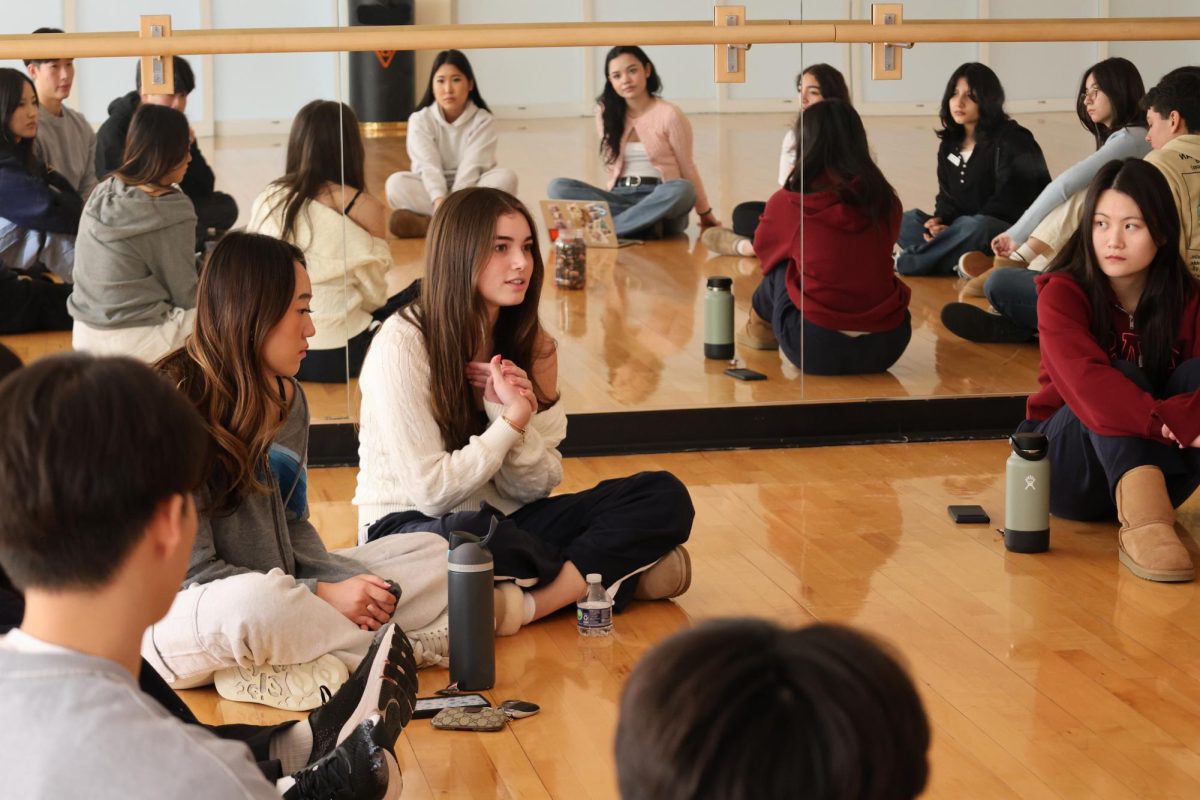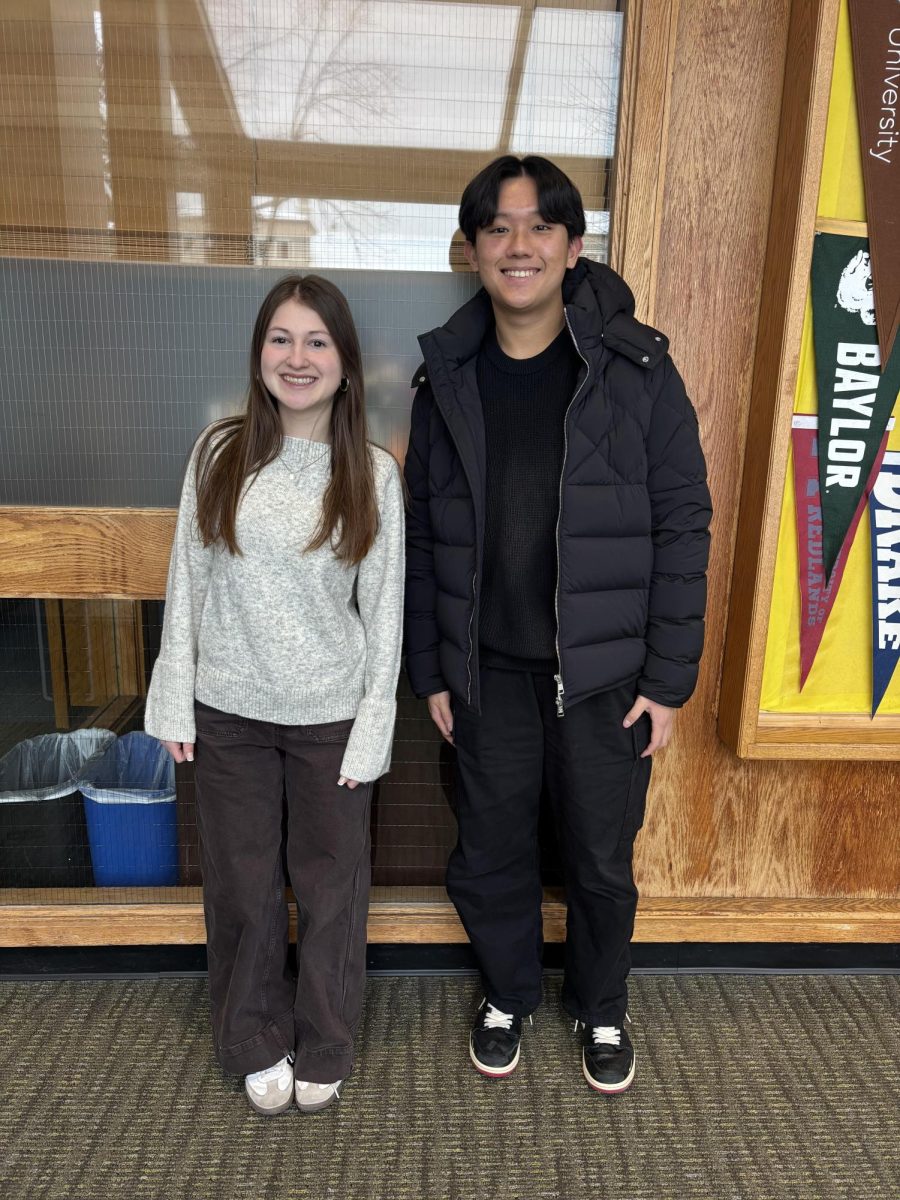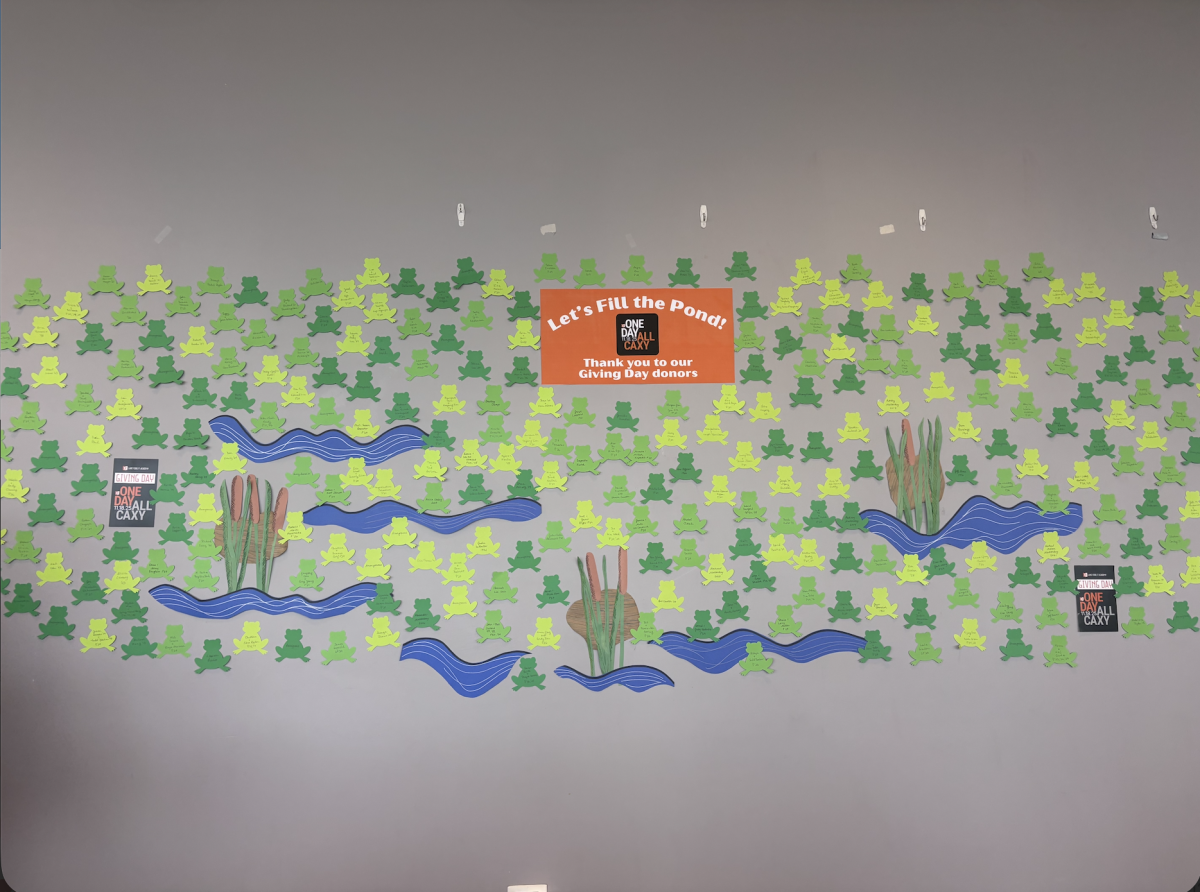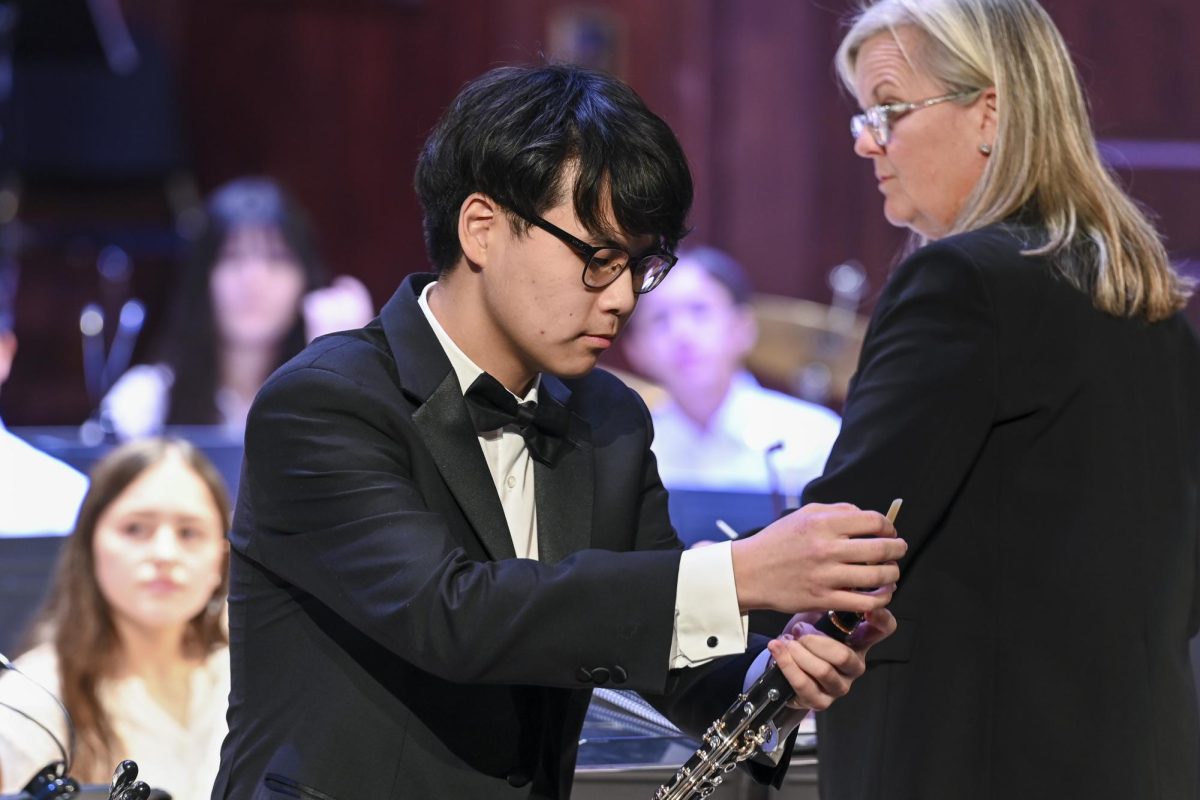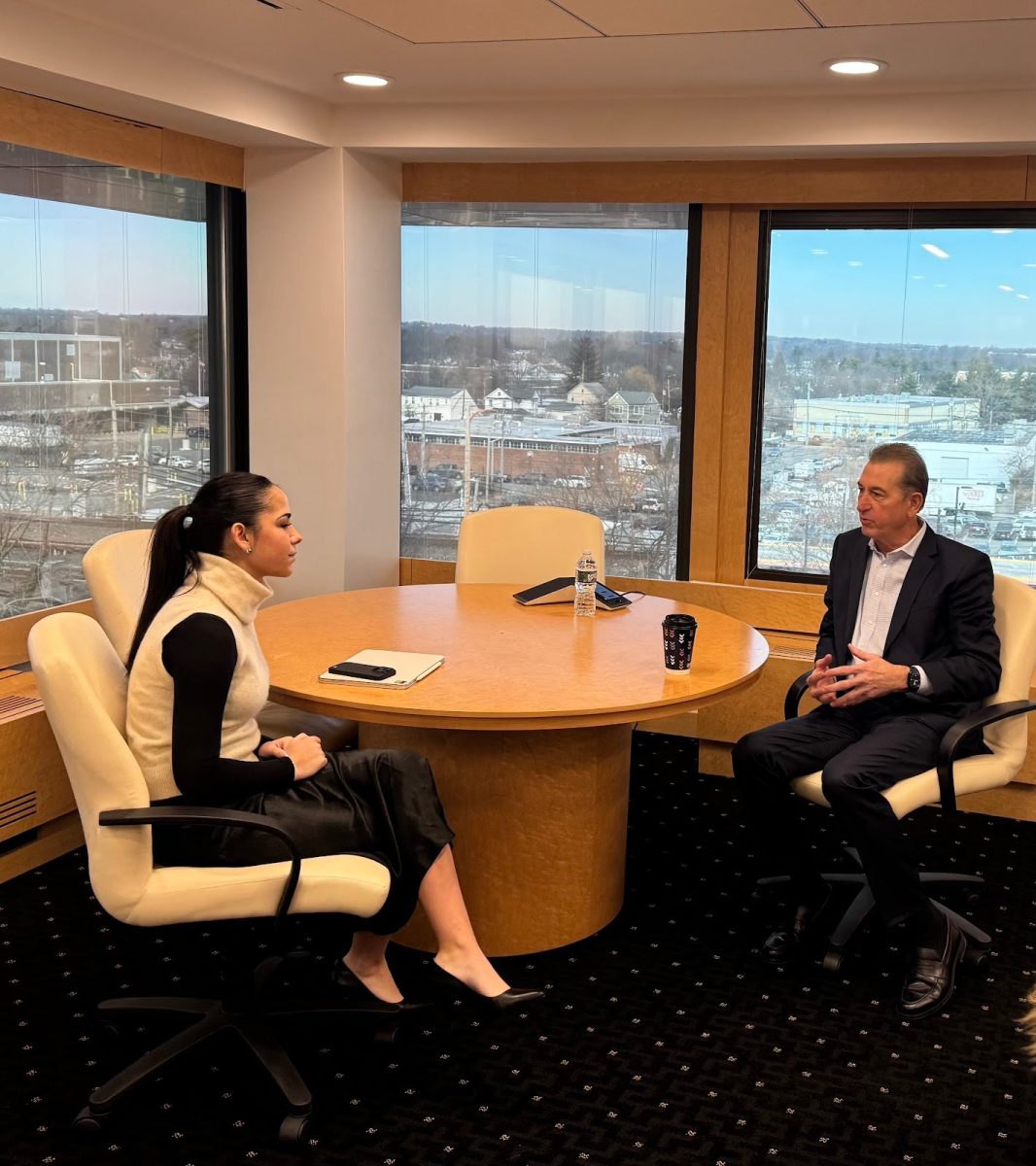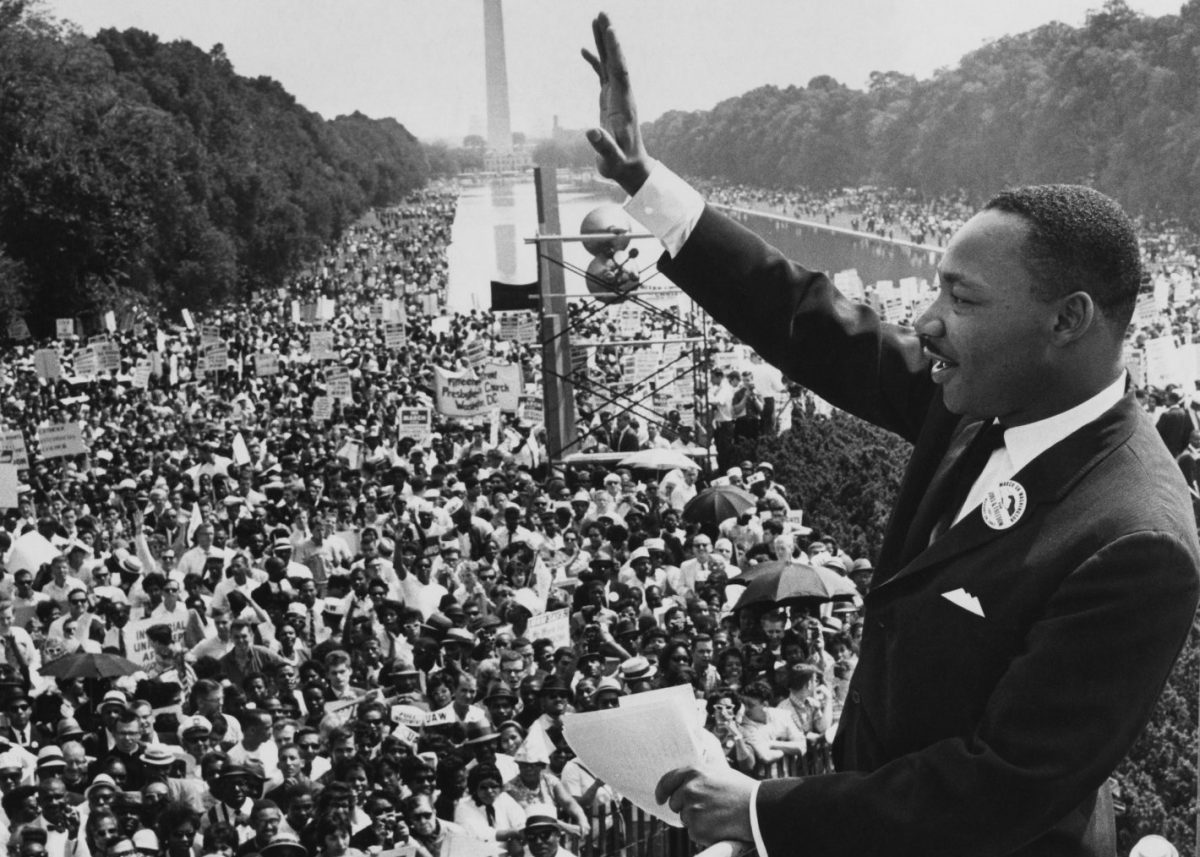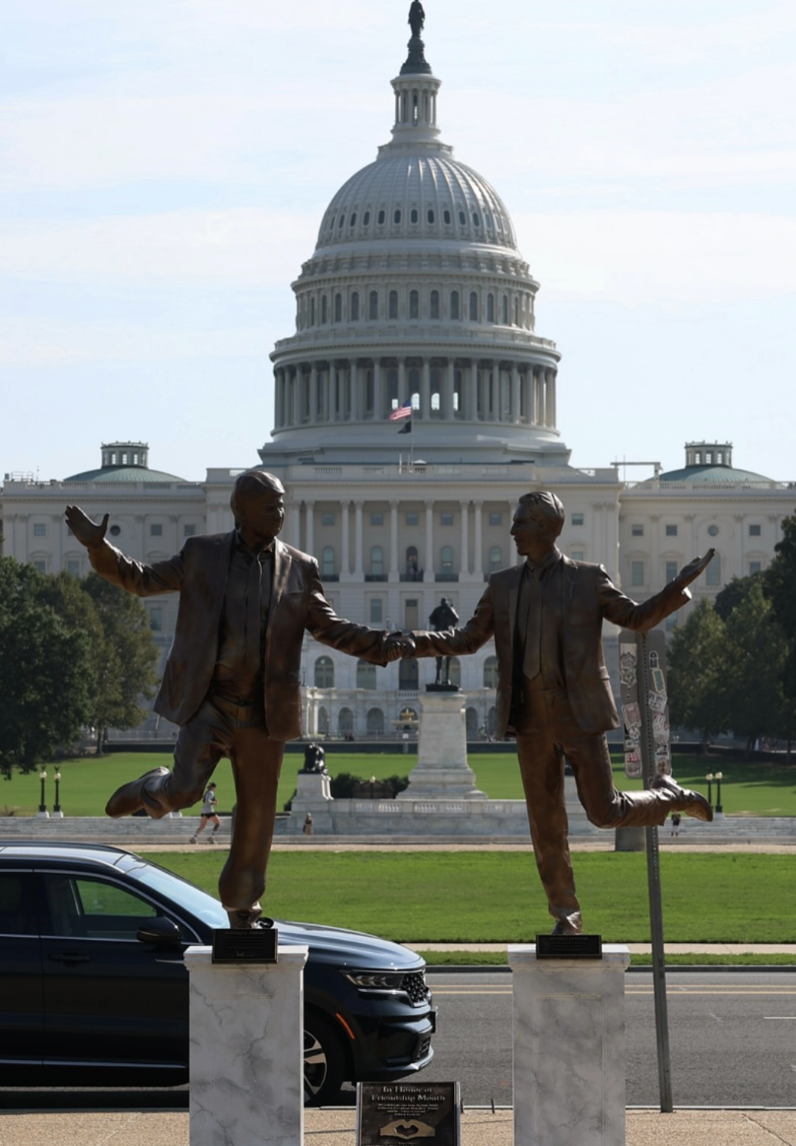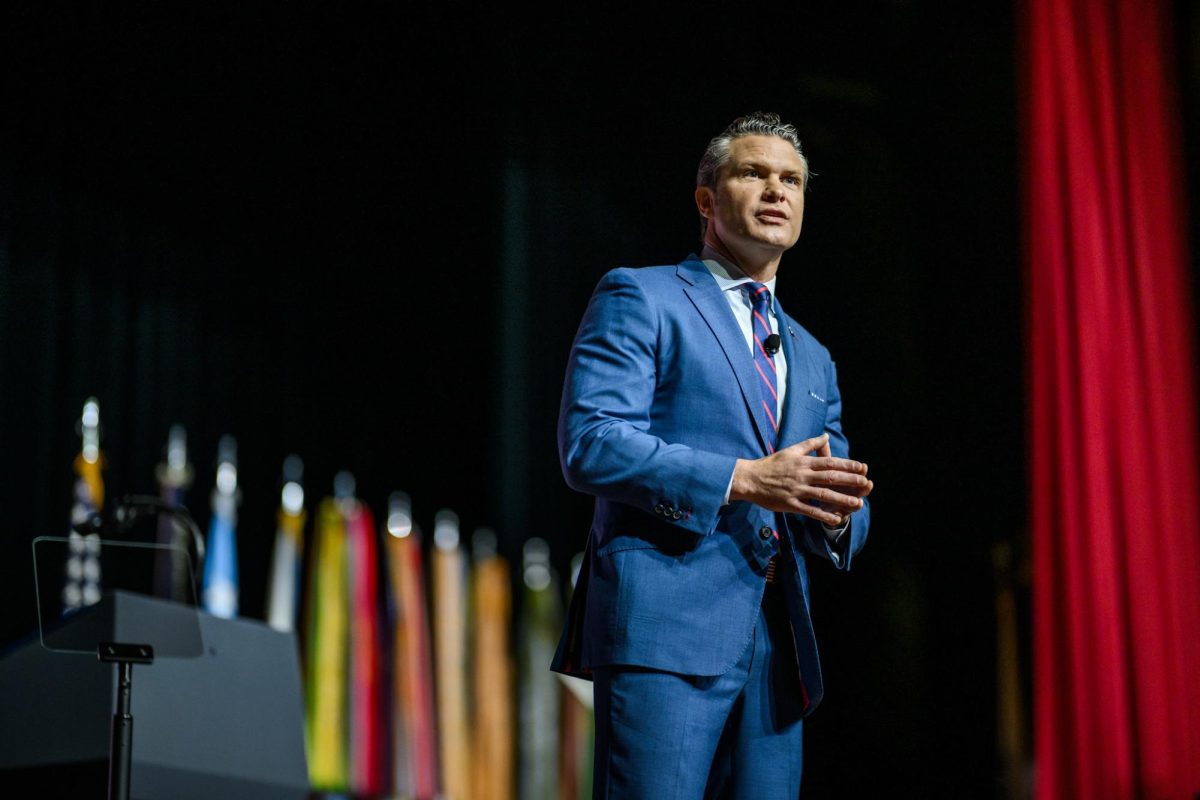According to Lake Forest Academy’s profile on Niche’s website, the institution has an “A+” for “Diversity” and a ranking of “#1 of 158” for “Most Diverse Private High Schools in Illinois.” But what exactly defines having those titles, that kind of diversity? How do you quantify lived experiences with a letter grade or ranking?
When I first toured LFA as a prospective eighth-grader, I remember thinking that no other high school could be more culturally attentive than this one. As someone who has always lived in a predominantly white area, I was unconditionally excited to attend a school that proudly holds such titles and rankings. However, as someone who is now almost an LFA alum, I have realized that what Niche mainly measures are surface-level statistics – percentages of international students and ethnic demographics. But what it doesn’t measure are the difficulties many boarding students often face during their years here. The numbers fail to capture the quiet, persistent pressures that many international students feel to socially and academically succeed by sounding, behaving and presenting themselves in ways that align more with American norms.
At a school as academically competitive as LFA, where students constantly strive for leadership roles, college placement and recognition, that pressure to assimilate only intensifies. While LFA never explicitly demands conformity, from my four years here, I’ve noticed an unspoken cultural norm that lives in our atmosphere – one that tends to reward those who confidently speak in class discussions, present Morning Meeting announcements in front of the entire community or confidently forge meaningful rapport with teachers. While LFA acknowledges that cultures instill different values, the reality remains: Students who don’t adapt to American ideals (of assertiveness and visibility) often find themselves overlooked.
My experience isn’t the same as that of a student from abroad, but I’ve felt echoes of this tension from my own background. I was raised in a fusion household where my cultural values like compliance, deference and respectful silence were deeply ingrained – shaping much of how I interacted with my family and the rest of the world. Simultaneously, I was flooded with American culture in school and society, repeatedly caught between conflicting norms. Although I didn’t arrive at LFA from another country, I arrived with a way of being that didn’t fully align with the behaviors that aren’t explicitly expected but are often implicitly rewarded.
I, too, felt compelled to adapt. Gradually, I unlearned my cultural instinct to hold back in class, to avoid drawing attention and to wait for permission to speak. Not because I wanted to abandon these instincts or believed they were inherently flawed, but because I came to understand that at a place like LFA – where visibility opens doors to leadership, connection, relational capital and inclusion – the structure of success often leaves little room for them. That revelation has reconstructed not only my perception of my own experience but also deepened my understanding of the heightened pressure several international students face to swiftly and completely assimilate.
Over time, I realized I wasn’t alone in this experience. Many students, international and domestic, feel the same gravity, navigating a social landscape that often flattens diverse ways of being into a single definition of success. I’ve watched my peers soften their accents, adopt English names to avoid the repeated mispronunciation of their real ones, or suppress parts of their identities solely to feel seen in classrooms, dorms and community spaces. These choices, made at personal cost, weren’t rooted in cultural and identity detachment but in response to a system that routinely rewarded assimilation over authenticity.
In several ways, LFA is ahead of the curve in recognizing cultural differences and fostering a diverse community, making clear efforts to bring students together from a wide range of backgrounds. But with that recognition – and the pride it takes in its national accolades – comes a greater responsibility: to go further, look beyond statistics and engage more deeply with the lived experiences behind the curtain of numbers.
Diversity isn’t just about who is present. It’s about who feels seen, heard and empowered to lead without feeling pressured to shed parts of themselves to fit in. LFA has a responsibility not just to include but to educate – to actively teach the skills of listening, empathy and cultural sensitivity. These values should support community members and prepare them to carry that awareness into the broader world. True inclusion is defined by understanding that cultural expression takes many forms – not all of them loud, extroverted or traditionally American – and affirming differences as strengths, not obstacles.
This responsibility doesn’t end at the edges of our campus. As a college preparatory school, LFA shapes future leaders, advocates and decision-makers. It must prepare students not just with academic knowledge but also social and cultural awareness to thrive as “global citizens” – ready to challenge the narrow norms of assimilation and build spaces where authenticity and belonging coexist. Only then can we live out the diversity our school so proudly promotes – not just at the academy but also far beyond it.


